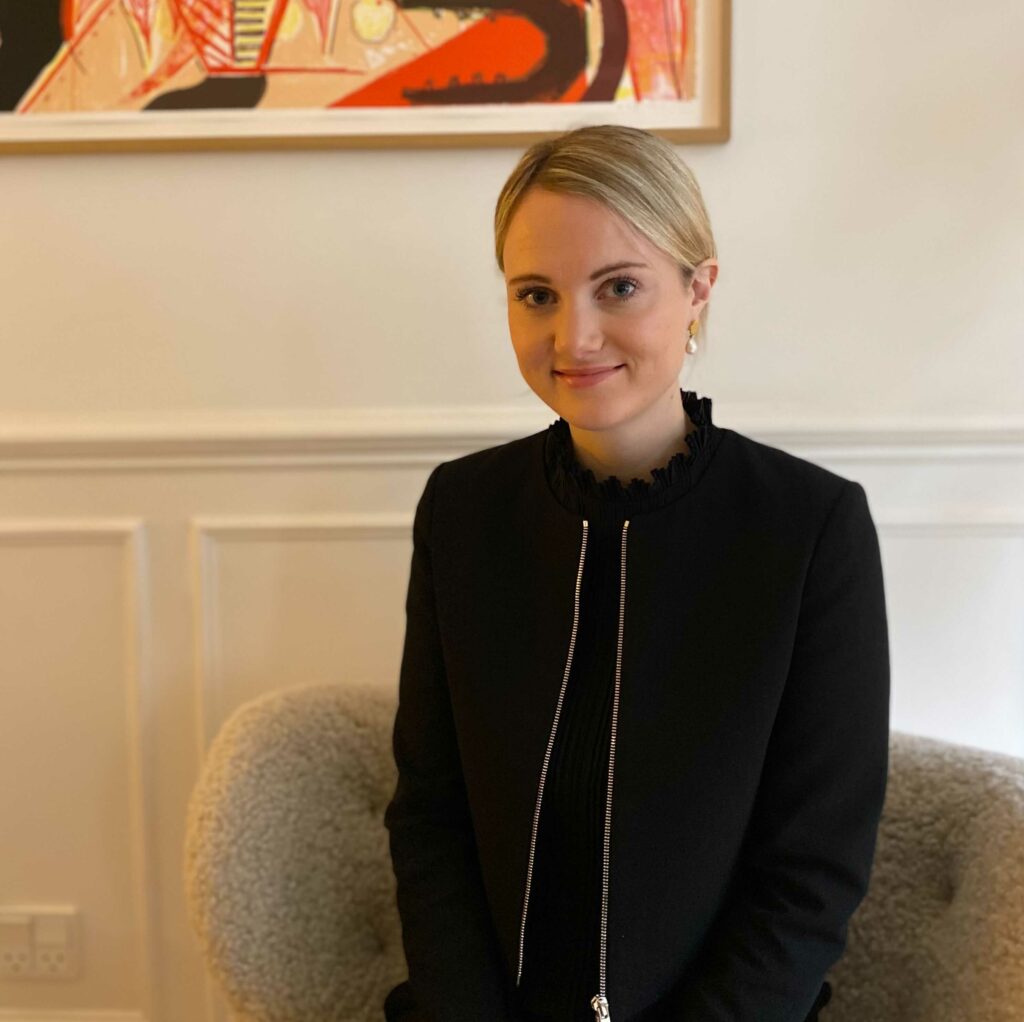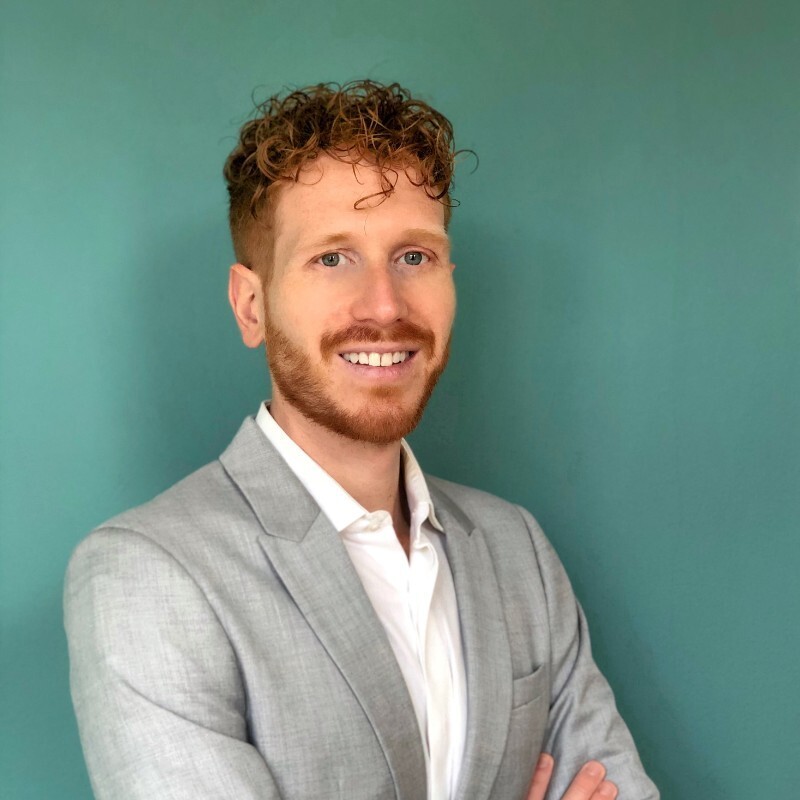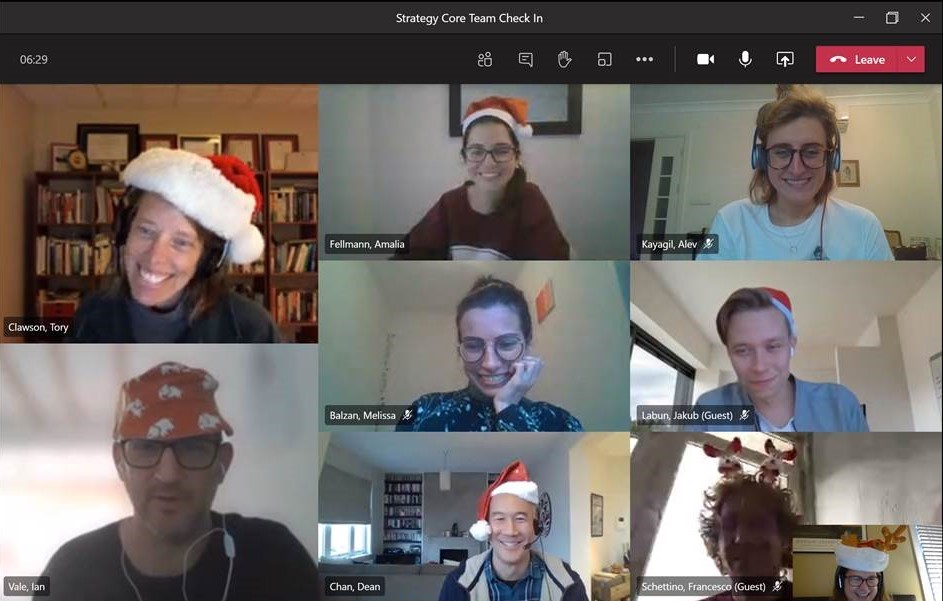How do you shape a career in Social Impact? We asked our colleagues Sidsel Green and Francesco Schettino how they have shaped their career paths around global development, health and diversity & inclusion and to provide their top tips for anyone interested in a social impact career
BCG’s Social Impact practice drives major initiatives across a broad spectrum of global challenges to shape a better future, closely aligned with addressing and achieving UN’s Sustainable Development Goals
Sidsel and Francesco – Can you tell us a bit about your work with Social Impact in BCG?
Francesco: I have been working in the Social Impact Practice of BCG for a little over two years now, mainly focusing on Global Development. Here, I support a wide variety of organizations working to achieve equity in health for all people worldwide. Beyond the deep belief to fight any inequality and make the greatest possible impact, I share BCG’s view that without a sustainable and equitable human development, there would hardly be any system left in which individuals and companies can survive – let alone consulting companies.
Sidsel: I have been lucky enough to work on a wide variety of topics by joining BCG’s global Social Impact Immersion Program, working solely on social impact projects the last 1.5 years. The past year, I have focused mainly on global health and diversity & inclusion, but I also have experience in climate & sustainability and sustainable finance & investing.

Can you give an example of your work with Social Impact from your latest project?
Sidsel: I have recently worked on the strategy for a global health player, helping them assess where they can create the highest impact in the coming years. In the midst of the largest pandemic in a lifetime, it has been immensely interesting to help the client analyze the impact of COVID-19 on its operations and do scenario planning in a very uncertain future for global health. It has also very much put my own situation into perspective. Working from home and not being able to travel and see my friends and family this year has been tough, but this is nothing compared to what millions are experiencing across the globe in countries with less access to health care and no social security network.
Francesco: I have recently worked in setting up a local impact investment fund aiming at providing resources to Indian Small Social Enterprises – i.e. start-ups that target both economic and social-environmental results. This experienced showed me that great results come when collaborating effectively across actors (such as government, foreign investors, and local banks) and above all when beneficiaries are put at the core and included in the designing the interventions since the beginning – from small holder farmers in rural communities to children attending remote learning programs.

How did come to work with Social Impact?
Sidsel: I have always had a huge interest in working on societal issues; from working with LGBTQ+ rights with Amnesty International in Bosnia-Herzegovina to starting a “homework café” for refugees in Denmark. When I started BCG, I had a clear goal of creating not just economic, but also social and environmental impact with our clients. In the beginning, I did whatever I could to work on ‘Social Impact’ topics and after two years in BCG, I applied to our global ‘Social Impact Immersion Program’, which allows you to work solely on Social Impact topics for a year. This gave me a great foundation and network to continuously work on Social Impact topics beyond the program.
Francesco: During a class in my MBA, I had the chance to collaborate with a Social Enterprise to advance their business plan and to support them scout growth investors. Since then, I was fascinated with the concept of driving joint economic and socio-economic results, and I took specific classes during the MBA to deep-dive into the topic – specifically on sustainable finance and global development. When I returned to BCG, I decided I wanted to explore this topic also professionally, first as singular project and then entering the Social Impact Immersion Program.

Do you have any advice on how to start a career in Social Impact?
Sidsel:
1. Be open-minded on how to create social impact. Working for a start-up or a particular division in a large corporation might be just as (or even more) impactful than working for an NGO that has social impact as its core.
2. Build expertise. Many companies would love to work more with social impact, whether it being environmental, social or governance issues, but lack expertise on how to do so. Become an expert, and you will be in high demand.
3. Find a diverse set of role models. You likely won’t have time to try out all “social impact” paths during your studies. Find different mentors working in the private sector, government and NGOs to help you find your way.
4. Just do it. Social impact as a core component of businesses will only grow in the 21st century, and there are so many possibilities to contribute. So don’t hold back – just do it!
Francesco:
1. Start from the basics. Build strong strategy foundations (how to crack a case, communication, project management) – to solve problems and drive change.
2. Find impact everywhere you are. Think how you can drive impact in every kind of work you are involved – it can be marketing in a large corporation or a government job. Sometimes leveraging a solid starting base to create change from within is much more powerful than from the outside.
3. Consider different models. Between doing nothing and dedicating an entire career to social impact from day zero, there is a plethora of equally impactful alternative models – e.g. running or participating in a non-profit organization outside your work, investing sustainably your saving, or driving sustainability in the local municipality are all valid alternatives to get involved in social impact. The UN Sustainable Development Goals are also urging us to take actions at all levels of society.




